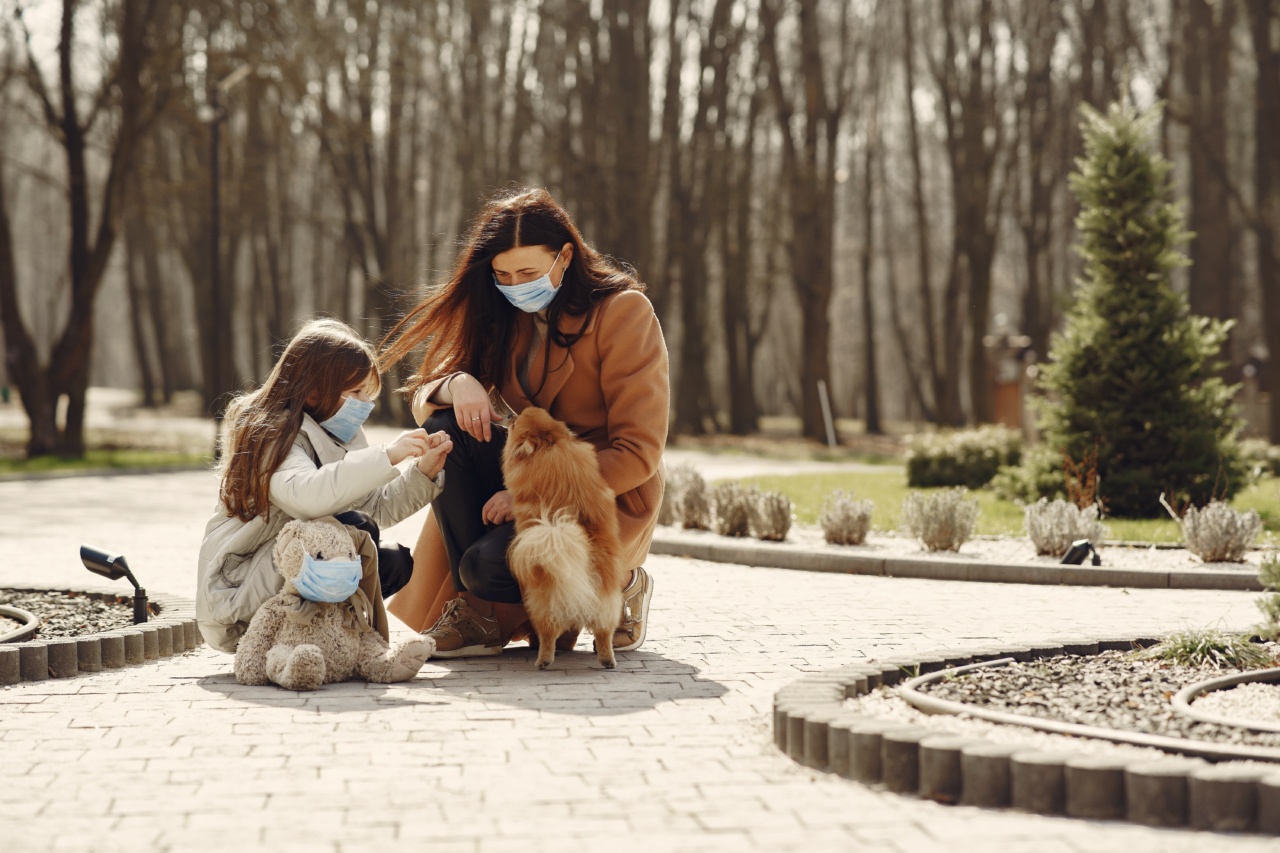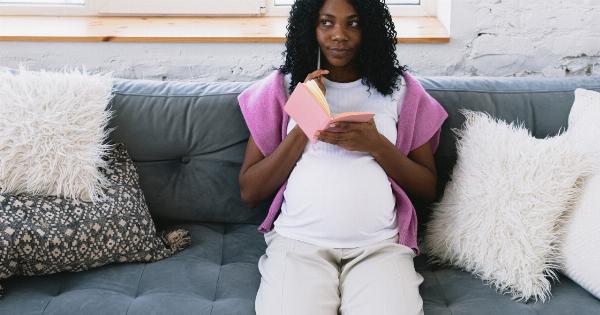Pregnancy is a unique time in a woman’s life. It is a time to celebrate and look forward to the future, but it is also a period that requires extra care and attention.
Planning a holiday during pregnancy requires special considerations to ensure the safety of both the mother and the developing baby. Here are some tips on safe holiday practices for pregnant women:.
1. Consult with Your Doctor
The first step in planning a safe holiday during pregnancy is to consult with your doctor. They can advise you on any travel restrictions or precautions you should take based on your medical history and the stage of your pregnancy.
2. Choose Your Destination Wisely
When planning a holiday, it is important to choose your destination wisely. Avoid areas with high levels of crime or political instability.
Also, avoid locations that pose a risk of disease or infection, as pregnant women are more vulnerable to infections and diseases such as malaria, Zika virus, and yellow fever.
3. Pack Carefully
Packing for a holiday during pregnancy requires extra care and attention. Make a list of all the necessary items and ensure you have packed comfortable clothing, medication, snacks, and water.
Also, bring along any medical documents or prescriptions you may need in case of an emergency.
4. Stay Hydrated
Staying hydrated is essential during pregnancy, especially when on holiday. Make sure you drink plenty of water and avoid sugary or caffeinated beverages. It is also a good idea to carry a water bottle with you wherever you go.
5. Protect Yourself from the Sun
Exposure to the sun can be harmful to pregnant women. Ensure you wear protective clothing, such as a hat or light-colored and loose-fitting clothing.
Apply and reapply sunscreen with a minimum SPF of 30 to protect your skin from sunburns and other sun-related skin conditions.
6. Take Frequent Breaks
During pregnancy, it’s essential to take frequent breaks while traveling or sightseeing. Long periods of standing or walking can cause fatigue, swelling, and discomfort.
Take a break whenever possible, rest your feet, and elevate your legs to reduce swelling.
7. Be Cautious with Food and Drinks
When traveling to a foreign country, be cautious when trying new foods or drinks. Stick to bottled water, and avoid street food and anything that looks or smells questionable.
Also, be mindful of food allergies and intolerances, as these can cause discomfort and harm both mother and baby.
8. Avoid Insect Bites
Diseases such as mosquito-borne infections can be harmful to pregnant women. Avoid areas with a high risk of mosquito-borne infections, apply insect repellent regularly, and wear long-sleeved shirts and pants when possible.
It is also a good idea to bring a mosquito net for added protection while sleeping.
9. Practice Safe Travel Practices
When traveling, take extra precautions to ensure your safety. Always wear a seatbelt in a car or a helmet while riding a bike or scooter. Avoid unsafe activities, such as bungee jumping or skydiving, as these can be harmful to both you and your baby.
10. Rest Whenever Possible
Lastly, remember to rest whenever possible. Carrying a growing baby can be exhausting, and it is essential to listen to your body. Take a nap, lie down, or meditate to reduce stress and promote relaxation.




























